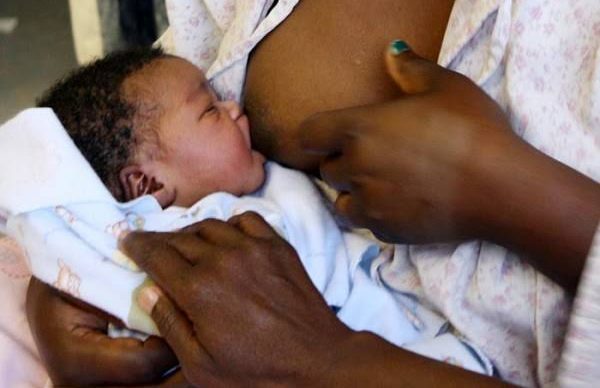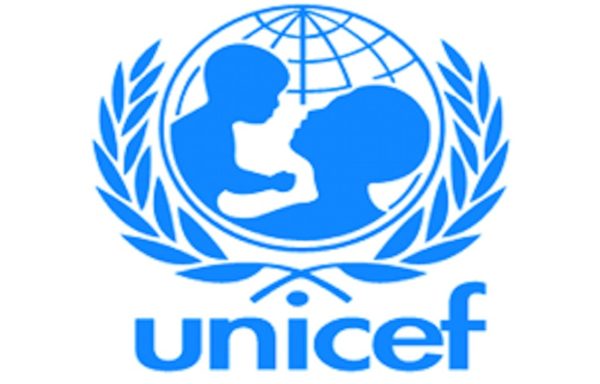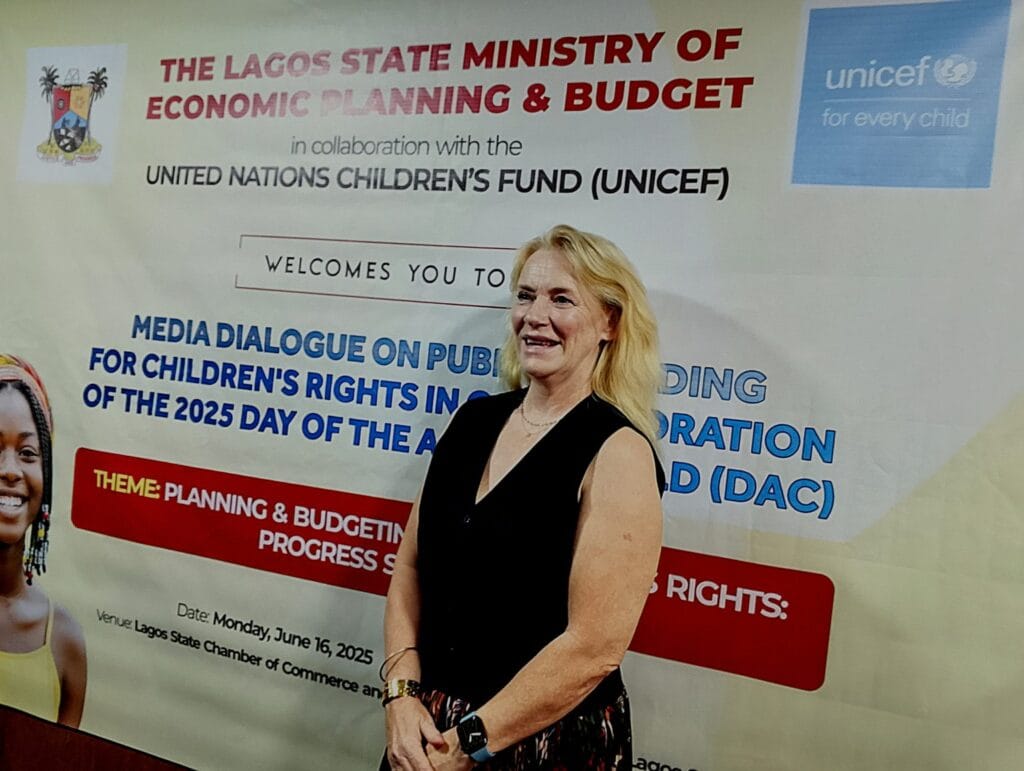Nigeria on Monday joined the rest of the continent to commemorate the 2025 Day of the African Child, a resounding call for improved public spending on child rights echoed across Lagos during a media dialogue convened by United Nations children’s fund (UNICEF.) in partnership with Lagos State Ministry of Economic Planning and Budget.
TheNewsGuru reports that Celine Lafoucriere, Chief of UNICEF, Field Office for Southwest Nigeria, opened the dialogue with an emotional tribute to the roots of the Day of the African Child — the 1976 Soweto uprising in South Africa, where over 100 children were killed for demanding better education in their native language.
“Today reminds us of the courage of those schoolchildren,” Lafoucriere said. “Nearly 50 years later, too many Nigerian children are still crying out for a better chance — access to clean water, healthcare, nutrition, education, and safety.”
She emphasized that despite Nigeria ratifying the UN Convention on the Rights of the Child in 1991 — 34 years ago — many rights remain unfulfilled. “Budget planning and public policy remain largely insufficient. Even where funds are allocated, spending is inefficient and poorly tracked.”
Lafoucriere further charged journalists, civil society, and policy makers to rise as “red flag raisers,” calling for transparency and real outcomes. “You’re not bystanders. You shape public thinking and hold leaders accountable. Every naira must reach a child in need.”
According to her, the media, being a powerful instrument that influences society, has a lot to do with children’s rights and improving their health, education, nutrition, WASH (Water, Sanitation and Hygiene), and protection through consistent factual and accurate news and investigative reporting.
“So, I will call on you journalists to collaborate with UNICEF by amplifying child-focused issues, investigating budget implementation, and drawing attention to areas of underinvestment.
“You know you are not bystanders but critical stakeholders. You shape public thinking. You hold policymakers accountable. And together, we can follow the money, tell the children’s stories, and drive real action for the betterment of our collective future,” she stressed.
Lagos State Showcases Innovative Budgeting for Child Spending
In response, Orojimi Olufemi, Director of Budget at the Lagos State Ministry of Economic Planning and Budget during the media dialogue unveiled Lagos State’s innovative efforts to track and prioritize child-related spending.
“Previously, child-related expenses were buried under general expenditure items,” he said. “With UNICEF’s partnership, we’ve now assigned a special code — called 916 — across our ministries, making it possible to identify, track, and evaluate funds specifically meant for children.”
Through the 916 code, ministries such as Health, Education, Justice, SDGs, and Domestic & Sexual Violence Agencies can now disaggregate budgets, isolating investments in children’s welfare — from school exams to healthcare interventions.
“Budgeting is more than numbers,” Olufemi declared. “It reflects our national priorities. We’ve moved from vague planning to clear program-based budgeting. Now we can ask: Is this naira for a vulnerable child, or for a service they can never reach?”
Both speakers highlighted a recurring issue — a gap between budget allocations and actual impact. While planning is improving, without accurate data and real-time tracking, resources often fail to reach the children they’re meant for.
“We’re using management systems like Oracle to digitize our budget tracking,” Olufemi explained, showing slides on Lagos’ budget cycle, planning tools, and expenditure control processes. “We upload our reports quarterly, we publish citizens’ budgets, and we hold consultative forums with the public. Transparency is non-negotiable.”
Lafoucriere urged journalists to tell children’s stories, ask where the money goes, and turn data into impact.
“We are not here to advocate alone. We are here to collaborate,” she concluded. “Together, we can press for budgetary planning and spending that truly aligns with every child’s right. Are you ready to make it happen?”
The media dialogue marks a renewed partnership between UNICEF, Lagos State, and the media in pushing Nigeria closer to the dream that inspired the Soweto youth — a future where every child’s right is protected, and no one is left behind.








